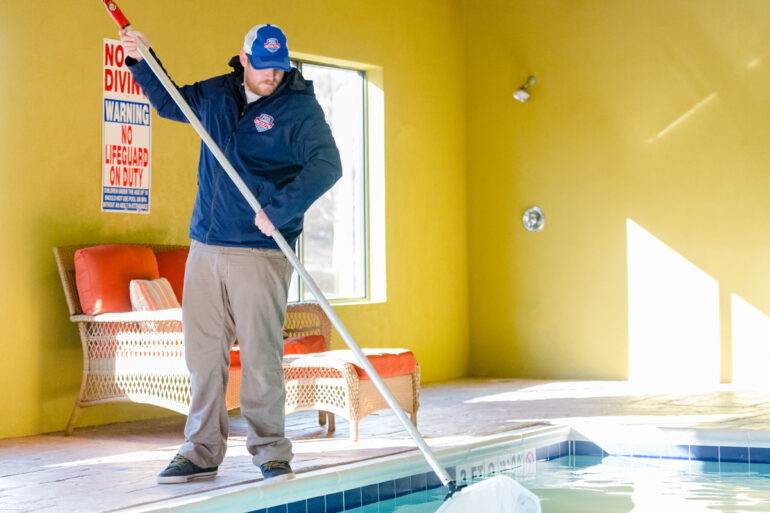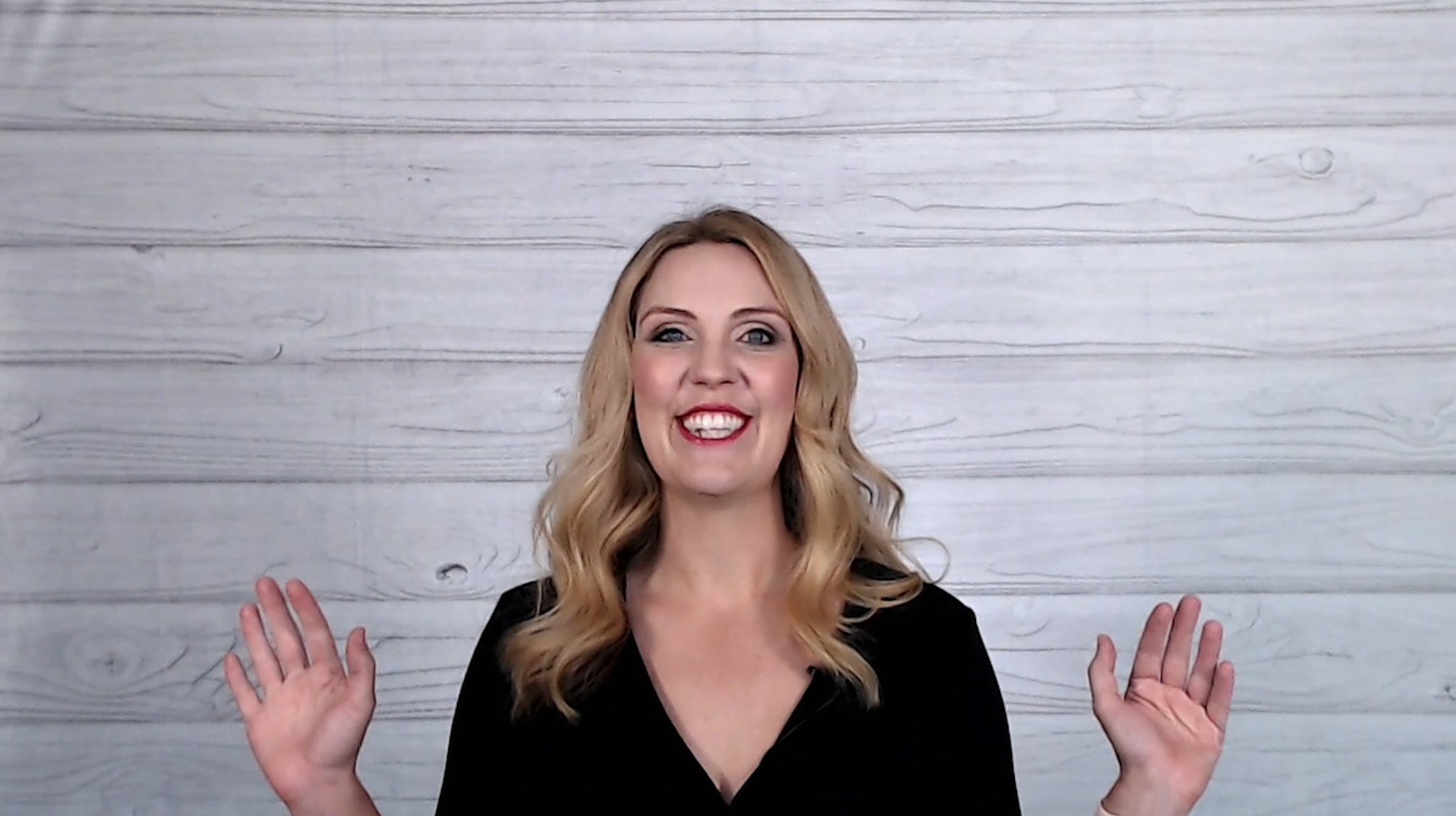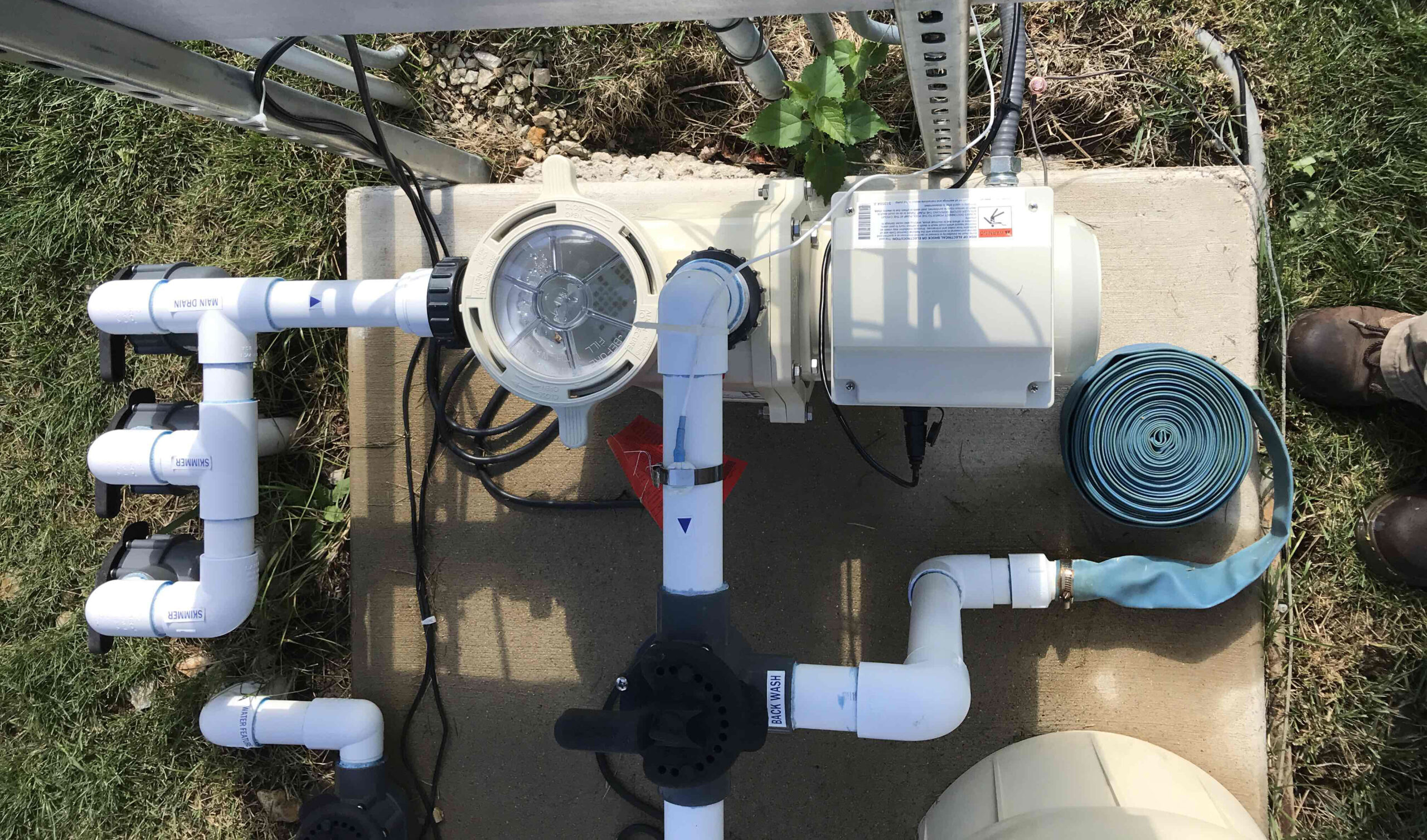Working on Wellness

Pool professionals are in the business of taking care of customers, making it easy to focus on customer happiness and well-being. But how often do you think about the mental well-being of your employees?
Mental health may be out of sight, but it shouldn’t be out of mind for pool company leadership, says Jules Johnson, operations manager of Mission Pool & Spa Supplies in Mission Viejo, California.
“Mental health and well-being are just as important as physical health, if not more,” Johnson says. “An employee’s outlook and peace of mind affects how they approach things. This extends to jobs, customers and co-workers. If they are not in the right frame of mind, not only are they miserable, but their work also becomes miserable.”
Positively affecting that outlook starts with daily staff interactions, she says.
“It is always happy hour at Mission Pool & Spa supplies,” Johnson jokes. “No alcohol needed. We have a fun, family-like environment. Whether it’s the tunes blasting from the radio, the snacks on the counter or the fully stocked fridge, we not only sell fun, but employ it.”
A company Christmas dinner and monthly team luncheons are part of that fun, too. And while regular luncheons have been paused due to COVID-19, those will resume when it’s safe to do so.
Johnson’s company also focuses on the essential basics of well-being, too, like mandatory time off work — even during peak season. Doing so shows a support of mental health and that rejuvenation matters, too, she says.
“If an employee had diabetes, we would expect them to take their insulin,” Johnson says. “If they have mental health needs, we expect that to be taken care of as well. There is nothing wrong with caring for mental health. We discuss our mental health openly and often go to each other for advice.”
Dr. Tasha Holland-Kornegay, a North Carolina–based clinical mental health counselor, says it’s important for companies to engage workers in mental health conversations. “We spend a lot of our lives working, so it’s important to create an open work environment where we can all be honest about how mental health plays into our work,” she says, noting that includes anxiety, stress and other mental health concerns. “One great way to do this is to implement mental health awareness into workplace policies.”
For instance, when employees are encouraged to use their vacation time to maintain overall wellness, an employee who feels burned out may feel it’s acceptable to take time off.
“In this way, some top-down policies can make the peer environment more open to [mental health] discussions,” she says. “Even in modern workplaces, it’s rare employees feel comfortable disclosing information regarding their mental health. However, having honest and open discussions about these topics can greatly benefit the individual and business by creating a culture in which employees can be as comfortable, confident and productive as possible.”
An employee’s outlook and peace of mind affects how they approach things. This extends to jobs, customers and co-workers.
Jules Johnson, operations manager, Mission Pool & Spa Supplies
She also notes there’s no one-size-fits-all approach for workplaces on discussing mental health and wellness. “More important than having wellness-boosting products and services is encouraging healthy usage of them,” Holland-Kornegay explains. “While any business with enough money to spare can give their employees impressive luxuries, if their work schedule doesn’t let employees use them, it doesn’t mean much.”
Instead, she says, integrate downtime into the workday: Coordinate coffee breaks and have informal group discussions about the latest streaming show, or host meditation or yoga classes. “The key is to get people together so they can relax or have fun before working again,” Holland-Kornegay says.
The team at Elite Pools and Spas does this by gathering often to break bread. Employees have longer lunch hours at sit-down restaurants together, which has been well-received by staff, says Michele Gill, owner and president of the northern Illinois business.
Weekly staff meetings are not only informational, but inspirational, too, says Gill. For the first half-hour of their weekly meeting, the Elite Pools and Spas team share breakfast and enjoy one another’s company.
Two adjustments leadership made this season to the meetings include feedback sheets and gratitude contemplations. Everyone gets a feedback sheet for the week where they go over improvement opportunities and bounce ideas off one another to solve problems. They also cover how employees brought value to customers.
“This has generated a lot of great ideas and input,” Gill says. “We added a gratitude section to close the meeting with. Each week, our staff facilitator chooses an exercise that helps us see the contribution we have to the bigger world. Everyone has really grabbed onto these two things. We put the business work in the middle between the two so it keeps everyone engaged and interested. The gratitude element of our meetings has really helped all of us stay connected and appreciative of the good things.”
While reflection is powerful — especially during the difficult pandemic — it’s important to practice it regularly. Companies should strive for culture that encourages open conversations about mental health, Holland-Kornegay says. “If everyone chips in to keep the workplace safe and nontoxic, a healthy workplace culture will be more resilient to outside circumstances, such as the barrage of bad news that has so far marked 2020,” she says. “When workplaces normalize these conversations, employee wellness can be greatly improved.”

Before COVID-19, the Mission Pool & Spa Supplies team posed for several fun photoshoots for a local mailer. Operations manager Jules Johnson says of their working environment, “When you have a family environment at work, it feels less like work and more like home.” Photo: Mission Pool & Spa Supplies





